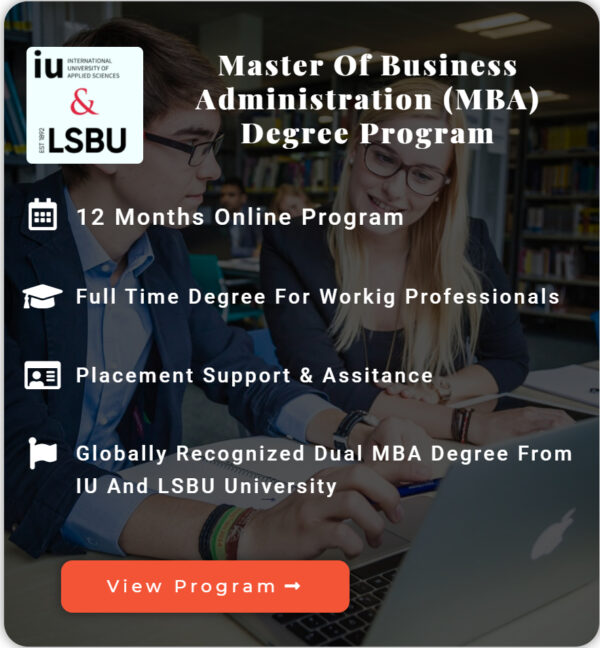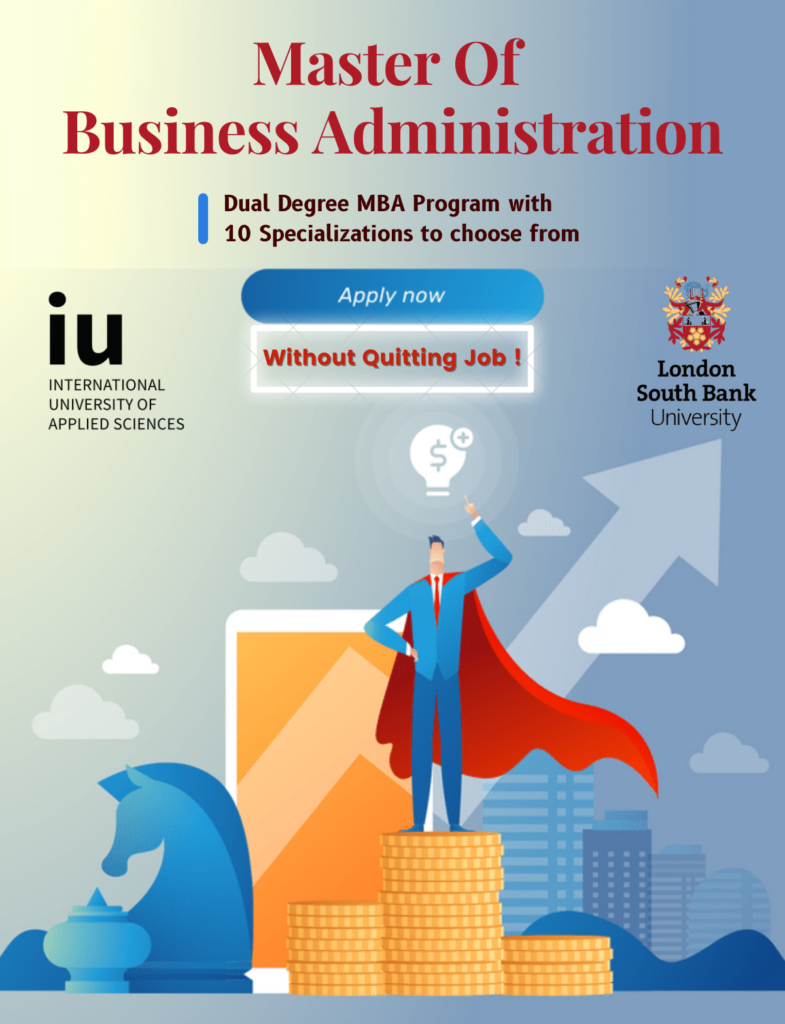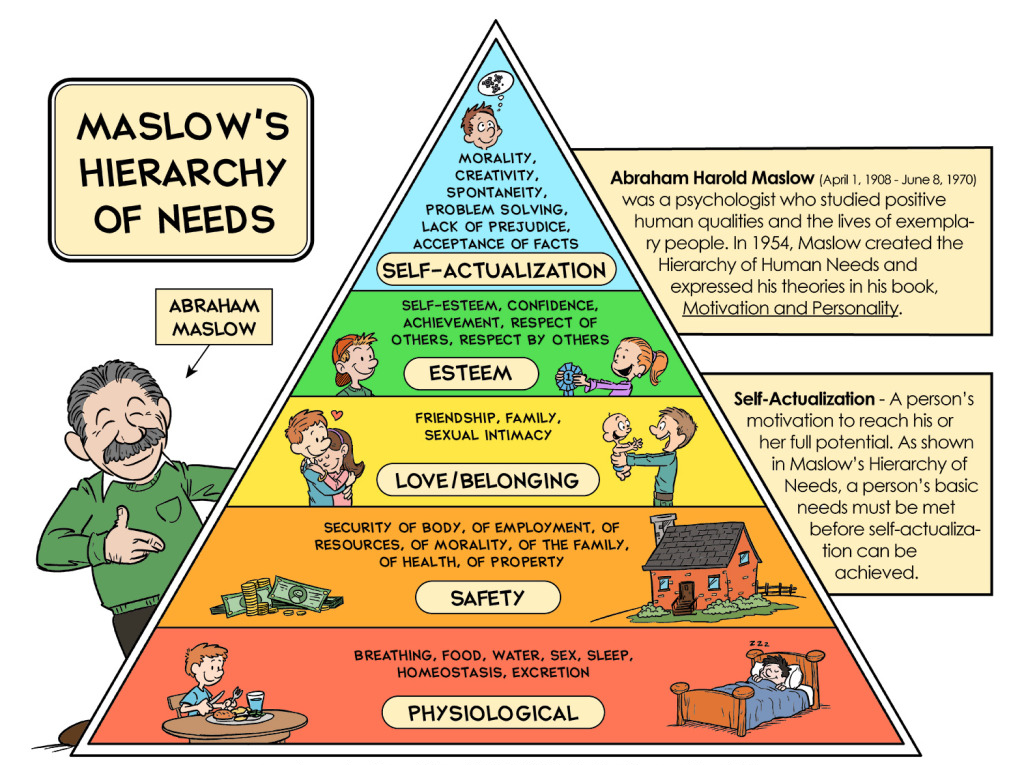Ace IIM Admission Interviews if you want to make a successful career with an MBA from IIMs
Congratulations, you have landed an interview with one of your dream B-School. You have a few days to prepare, so how should you best spend this time? Review the MBA College. Review the MBA course. Review your key selling points. Now you have a good foundation of information on which to build your interview. But an Admission interview is not just any conversation – the stakes are high, the Interviewer is probing you, there is a lot of material to cover in a short amount of time. Here are the best Interview preparation strategies to ensure you’re at your best for your next interview:
Preparing for an interview takes time. The less familiar you are with interviews, the more time you should allow yourself to prepare.
Identify the skills and benefits that are most important to you for getting yourself into MBA and what you will do after completing MBA.
Assess your strengths and weaknesses. Think about the personal characteristics that help make you successful, as well as the professional skills you bring to the table. Be able to describe how these skills and attributes relate to the course you are interested in.
Avoid using the typical, “I’m a perfectionist” response. Choose a relatively benign area in need of development, acknowledge your awareness of the weakness and be able to describe what you are doing to actively address the shortcoming.
Based upon your understanding of the culture and history of the College, anticipate the kinds of questions they may ask you. Prepare answers to these questions, but don’t worry about memorizing them. It will be easier to build rapport with the interviewer if you allow yourself to speak naturally during the real interview.
The rule in terms of interview attire is to dress formal wear, a suit is most appropriate on interview day. Project a professional image and be conservative in terms of your hairstyle and accessories. You want them to remember your personality rather than your blouse or tie.
The interviewer will be more at ease with you if you are at ease yourself. Trust that you are well-prepared, and project confidence without coming across as arrogant.
You know the saying, “There’s never a second chance to make a first impression?” That holds very true in the case of interviews. That is why building rapport is such an important interview strategy. Shake hands, make eye contact, and smile. Put those three together when you first meet your interviewer and it will set a positive tone for the rest of the interview.
Making positive eye contact is one of the best interview strategies to follow. Eye contact is one of the strongest forms of nonverbal communication. A person’s qualities and personality can be detected simply based on eye contact. Making direct eye contact communicates confidence and high self-esteem, two key qualities Interviewers look for in candidates. Thus, it is very important that you make eye contact when you first meet the interviewer and shake hands. And during the interview, it is important to make eye contact, not only when you talk, but also as you listen. Simply doing this interview strategy will greatly help your chances of success in an interview.
Just as eye contact speaks volumes about you, so does your body language. Proper body language conveys confidence and high self-esteem. During the interview, things like sitting up straight with your chest out and keeping a pleasant demeanor on your face will project confidence. The interviewer will be aware of this, and it will help you stand out in his/her mind.
When it comes to discussing their skills, many candidates make the mistake of “telling” instead of “showing.” One of the best interview strategies is to use concrete examples to demonstrate their skills to the interviewer. For example, if one of your skills is successfully handling multiple tasks at once, providing an example of how you do that will help paint a picture for the interviewer. It also gives the interviewer something to “hold on to” once the interview is over, and helps him/her remember you when it comes to decision time.
Promote your strengths when the opportunities arise but don’t dance around your weaknesses. It’s best, to be honest and professional when fielding tough questions that may come your way.
Remember three important points: be ready to ask a few questions when given the opportunity; thank the interviewer, and inquire as to what the next step in the process will be.
Start early.
Preparing for an interview takes time. The less familiar you are with interviews, the more time you should allow yourself to prepare.
Know what you want.
Identify the skills and benefits that are most important to you for getting yourself into MBA and what you will do after completing MBA.
Know yourself.
Assess your strengths and weaknesses. Think about the personal characteristics that help make you successful, as well as the professional skills you bring to the table. Be able to describe how these skills and attributes relate to the course you are interested in.
Be prepared to discuss your weaknesses.
Avoid using the typical, “I’m a perfectionist” response. Choose a relatively benign area in need of development, acknowledge your awareness of the weakness and be able to describe what you are doing to actively address the shortcoming.
Practice.
Based upon your understanding of the culture and history of the College, anticipate the kinds of questions they may ask you. Prepare answers to these questions, but don’t worry about memorizing them. It will be easier to build rapport with the interviewer if you allow yourself to speak naturally during the real interview.
Do practice mock interview sessions. Knowing is important but delivering your knowledge at the right time in a right manner is more important. Please understand you have to sell yourself during Interviews and only the right answers will make your lasting impressions. So have some mock interview practice sessions with Professionals and get yourself ready for the D-Day. Its your Now or Never opportunity so make it fullest.
Dress appropriately.
The rule in terms of interview attire is to dress formal wear, a suit is most appropriate on interview day. Project a professional image and be conservative in terms of your hairstyle and accessories. You want them to remember your personality rather than your blouse or tie.
Relax.
The interviewer will be more at ease with you if you are at ease yourself. Trust that you are well-prepared, and project confidence without coming across as arrogant.
Build rapport
You know the saying, “There’s never a second chance to make a first impression?” That holds very true in the case of interviews. That is why building rapport is such an important interview strategy. Shake hands, make eye contact, and smile. Put those three together when you first meet your interviewer and it will set a positive tone for the rest of the interview.
Make eye contact
Making positive eye contact is one of the best interview strategies to follow. Eye contact is one of the strongest forms of nonverbal communication. A person’s qualities and personality can be detected simply based on eye contact. Making direct eye contact communicates confidence and high self-esteem, two key qualities Interviewers look for in candidates. Thus, it is very important that you make eye contact when you first meet the interviewer and shake hands. And during the interview, it is important to make eye contact, not only when you talk, but also as you listen. Simply doing this interview strategy will greatly help your chances of success in an interview.
Body language
Just as eye contact speaks volumes about you, so does your body language. Proper body language conveys confidence and high self-esteem. During the interview, things like sitting up straight with your chest out and keeping a pleasant demeanor on your face will project confidence. The interviewer will be aware of this, and it will help you stand out in his/her mind.
Display your skills with concrete examples
When it comes to discussing their skills, many candidates make the mistake of “telling” instead of “showing.” One of the best interview strategies is to use concrete examples to demonstrate their skills to the interviewer. For example, if one of your skills is successfully handling multiple tasks at once, providing an example of how you do that will help paint a picture for the interviewer. It also gives the interviewer something to “hold on to” once the interview is over, and helps him/her remember you when it comes to decision time.
Be positive, but be honest.
Promote your strengths when the opportunities arise but don’t dance around your weaknesses. It’s best, to be honest and professional when fielding tough questions that may come your way.
Close the interview.
Remember three important points: be ready to ask a few questions when given the opportunity; thank the interviewer, and inquire as to what the next step in the process will be.















